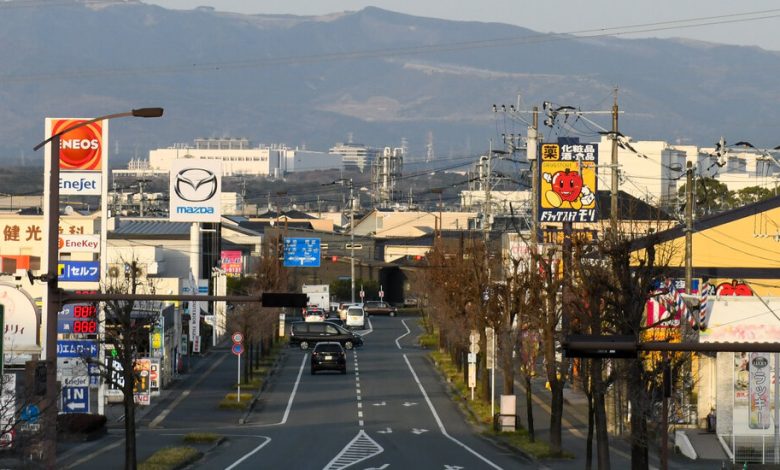How Japan Is Trying to Rebuild Its Chip Industry

Taiwan Semiconductor Manufacturing Company is transforming the small Japanese farm town of Kikuyo into a key node in Asia’s chip supply chain.
TSMC, as the company is known, dominates the global semiconductor business. At its home base in Taiwan, TSMC sits at the center of a web of factories, suppliers and engineering firms. Now that same infrastructure, backed by billions of dollars from the Japanese government, is being built about 750 miles away in the cow pastures and cabbage fields of Kikuyo in southwestern Japan.
In February, TSMC opened a factory, known as a chip “fab,” for fabricator, on a ridge overlooking Kikuyo. It was its first outside Taiwan since 2018.
The area around the fab is already busy with TSMC employees and suppliers. Chemical companies and equipment makers are vying for a piece of the semiconductor economy. The Japanese electronics giants Sony, Denso and Toyota, major buyers of TSMC semiconductors, are investing huge sums in TSMC’s Japan subsidiary.
On roadsides and in shopping malls and hotels, signs in traditional Chinese characters offer services for recent arrivals: real estate agents, lawyers and restaurants. The town’s foreign population has doubled in the last year.
The high-tech factory town in the making in Kikuyo is evidence of the upheaval in the semiconductor business. For years, the supply chain for the tiny chips inside smartphones, cars and fighter jets depended largely on just a few factories in Taiwan, which China claims as part of its territory. Then, the Covid-19 pandemic, Beijing’s increasingly hostile posture toward Taiwan and a global chip shortage exposed the risks of such concentrated production.